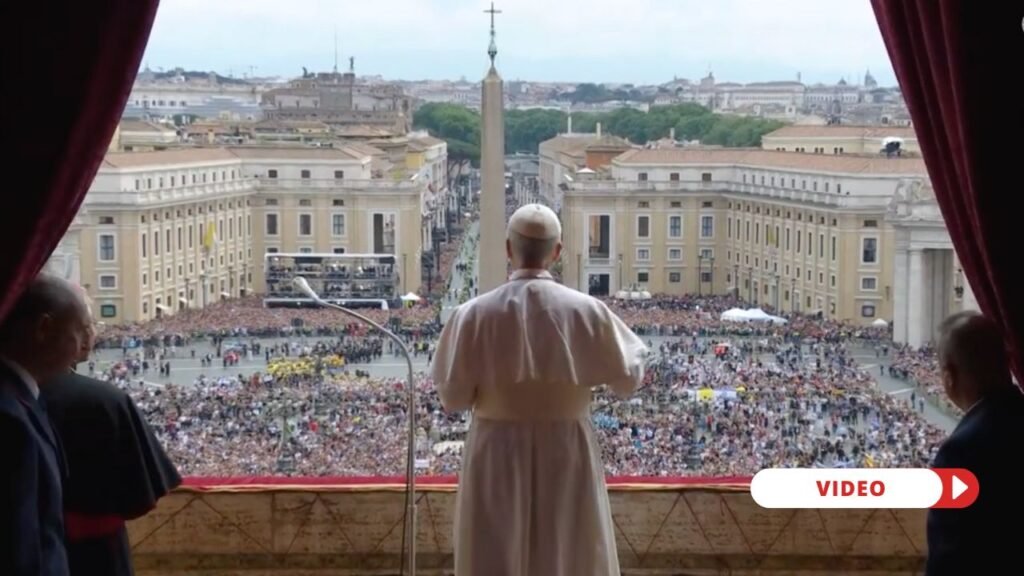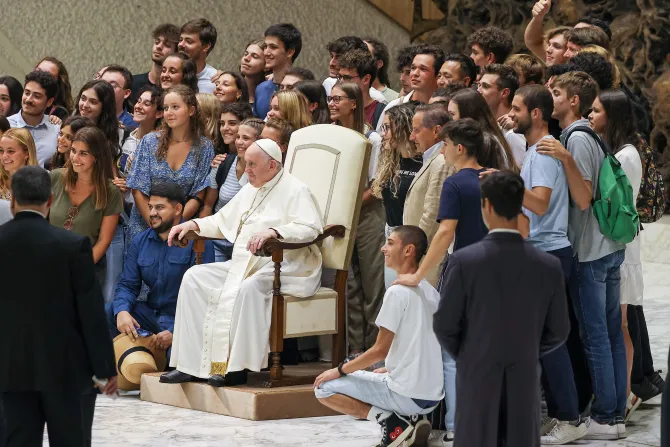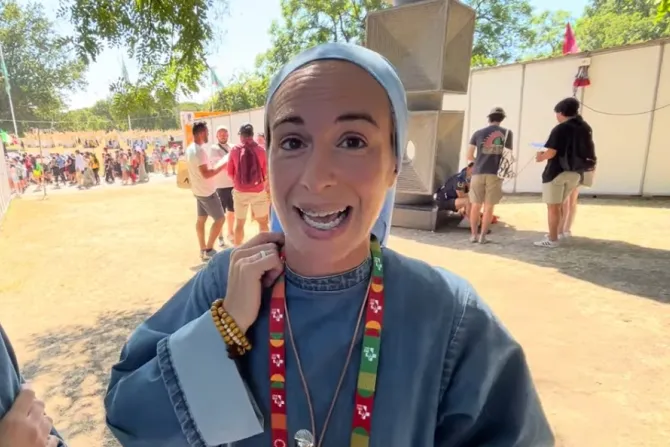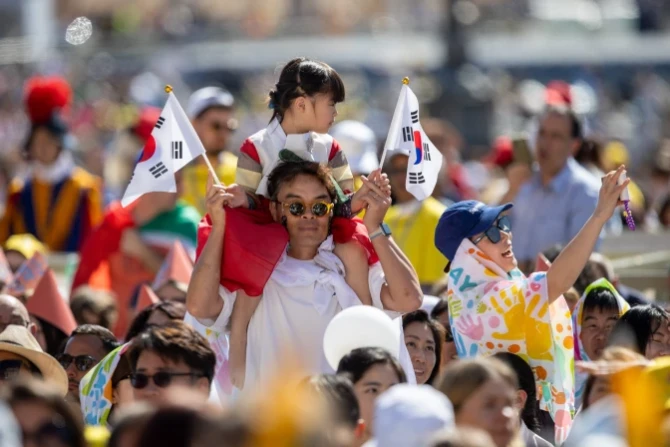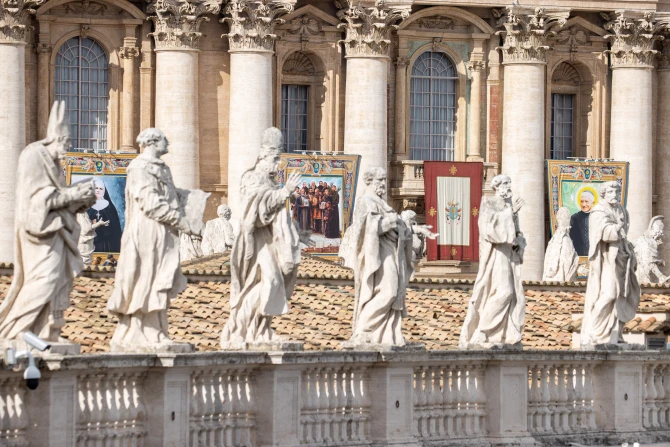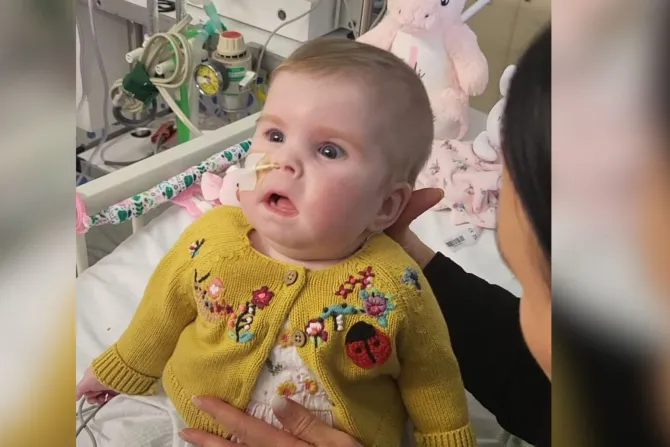After a three-year journey, the Synod on Synodality reached its culmination with the publication of the final document in 2024. From it emerged a commitment to put into practice the recommendations made by the assembly, through processes of discernment and decision-making aimed at local churches.
One year after that milestone, the Church continues its synodal journey in unity. In March 2025, Pope Francis approved a follow-up process focused on implementing the key points of the document at the diocesan, national, and international levels. To support this, synodal teams were created to “animate the territory and form it in the capacity for listening.”
Fr. Giacomo Costa is the Special Secretary of the Synod of Bishops. He explained, “Pope Francis has invited us to take seriously the recommendations that emerged from the synodal assembly, entrusting them to all local churches. This is not about applying pre-written norms, but about doing real work within local churches to discern how these recommendations can help the Church grow—and help us grow as a synodal Church.”
Among the key points presented in the final document was the call to promote transparency and accountability, ensuring greater attentiveness from bishops to the faithful. The document emphasized the importance of maintaining the hierarchical structure of the Church, while integrating it with participation—an essential element of synodality.
“Synodality is, at the same time, a way of growing by involving all the baptized in the Church’s mission, and a path to better understand how authority is exercised—not by suppressing or eliminating it, but by living it as a true service to the unity of the whole Church in view of the mission,” Fr. Costa noted. He added, “Those who experience it discover a strengthening of authority. Authority is recognized not merely because of the position one holds, but because of the genuine ability to guide diversity along a shared path toward the mission.”
One of the proposals that sparked controversy was to evaluate the possibility of female diaconate. However, Pope Francis rejected the proposal for the ordination of women, explaining that the role of women in the Church should be prominent, but that this does not mean “clericalizing” women.
Following the death of Pope Francis, the work of the study groups was delayed, and they are now expected to present their reports on implementation by the end of December 2025.
On May 8th, after being elected pope, Leo XIV delivered the following words from the central loggia of the Vatican.
“To all of you—brothers and sisters of Rome, of Italy, and of the whole world: we want to be a synodal Church, a Church that walks together, a Church that always seeks peace, that always seeks charity, and that always strives to be close, especially to those who suffer.”
In early September, Pope Leo XIV gave his first interview, during which he offered a definition of synodality. He described it as “an attitude, an openness, a willingness to understand” through dialogue—an important concept for living out the Church’s mission. He also stated that this attitude serves as an “antidote to polarization.”
This October, members of the synodal teams gathered in Rome for a very special event. From October 24 to 26, the Vatican hosted the Jubilee of Synodal Teams and Participatory Bodies
“Pope Leo is at the center,” Fr. Costa highlighted, “he will answer questions from the various continents. Each one will present the work they have done and ask a question to the Holy Father, who will engage in this dialogue, a dialogue that is so fundamental, between those who hold responsibility and the rest of the Church. The Pope will then celebrate the Eucharist, concluding by entrusting this journey to the Lord.”
The organizers received registrations from people representing five continents.
The Synod will continue: the first and second semesters of 2028 will be dedicated to the continental evaluation assemblies and the publication of the Instrumentum Laboris for the ecclesial assembly, which is scheduled for October 2028.
Adapted by Jacob Stein. Produced by Alexey Gotovsky; Video Edited by Alessio Di Cintio.

